Why Quebec fashion retailer Simons is tackling medical aid in dying on its shopping website
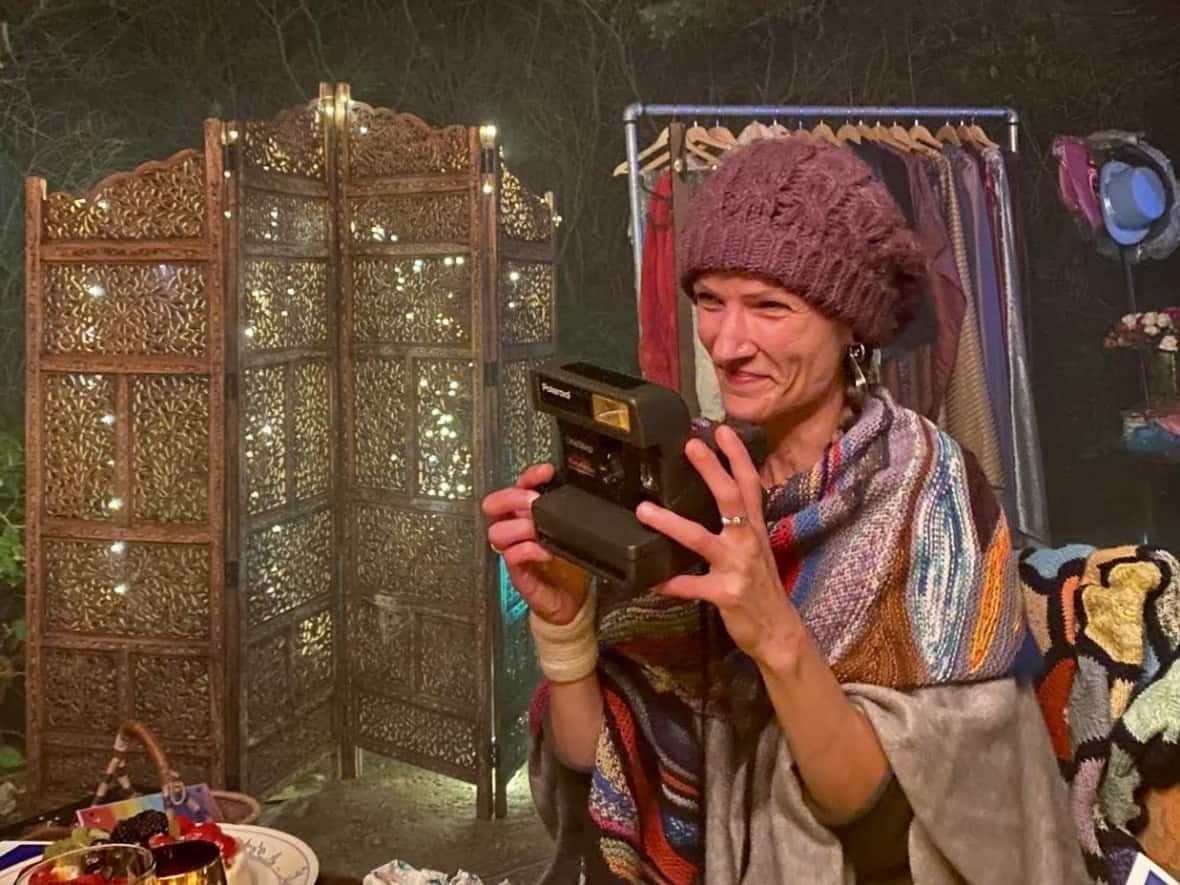
Quebec-based retailer Simons made a deliberate move toward "inspiration" last month as part of a new video called All is Beauty.
The video is centred around and narrated by B.C.'s Jennyfer Hatch.
The 37-year-old died on Oct. 23 and chose medical assistance in dying (MAID) after dealing with complications and chronic pain associated with her diagnosis of Ehlers Danlos syndrome, a group of inherited disorders that affect the connective tissue supporting many body parts.
In the video, available on Simons's shopping website, viewers get a glimpse into some moments of Hatch's last month and hear her share her thoughts on life, death and her quest to fill her final days "with beauty, with nature and with connection."

Peter Simons, chief merchant for the fashion chain, says the documentary project started after meeting Hatch through the MAID program and travelling to Vancouver to talk about working on a unique film.
"We really felt — after everything we've been through in the last two years and everyone's been through — maybe it would resonate more to do a project that's less commercially oriented and more focused on inspiration and values that we hold dear," said Simons.
Simons says he thinks customers will appreciate the unconventional move.
"I learned early in my career not to underestimate our customers. They're intelligent and they're thoughtful and they want to engage in difficult conversations," he said.
"This isn't about MAID, it's really a story. It's a celebration of Jennyfer's life, and I think she has a lot to teach us."
'Uncharted territory' for Simons
Simons says All Is Beauty is unlike any other project for the company to date. They gave Hatch "complete control" in telling her story as they set up unique scenes and experiences for Hatch and her closest friends in Tofino, B.C.
"I think there's something lost perhaps in the corporate world today of understanding that privilege comes with responsibilities and participating in the communities where we work," said Simons.
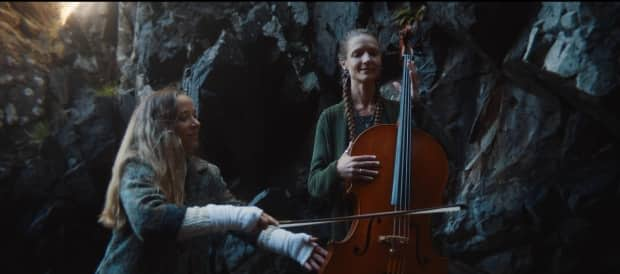
"Sometimes it won't be necessarily easy art. It will be harder art and that's part of engagement," he said. "Jennyfer's life was a piece of art."
"We were heading into sort of uncharted territory for us," said Simons. "I think everyone was just proud that she felt that we've done justice to her philosophy in life."
Simons says Hatch and friends were given a viewing of the film. It was released Oct. 24, the day after she died.
Her friends, Josh Dahling and Heather Mohan participated in the filming.
"It's still kind of fresh," said Dahling. "We all cried … We thought it was beautiful and our hopes are it'll continue to create these ripples."
'In an ideal world, she would have been here today'
Dahling and Mohan were friends of Hatch but also colleagues of hers at the Lumara Grief and Bereavement Care Centre in Parksville, B.C.
Hatch was the centre's music therapist and was "passionate about the use of singing," Mohan said. Hatch helped clientele who dealt with serious illness, bereavement and grief.
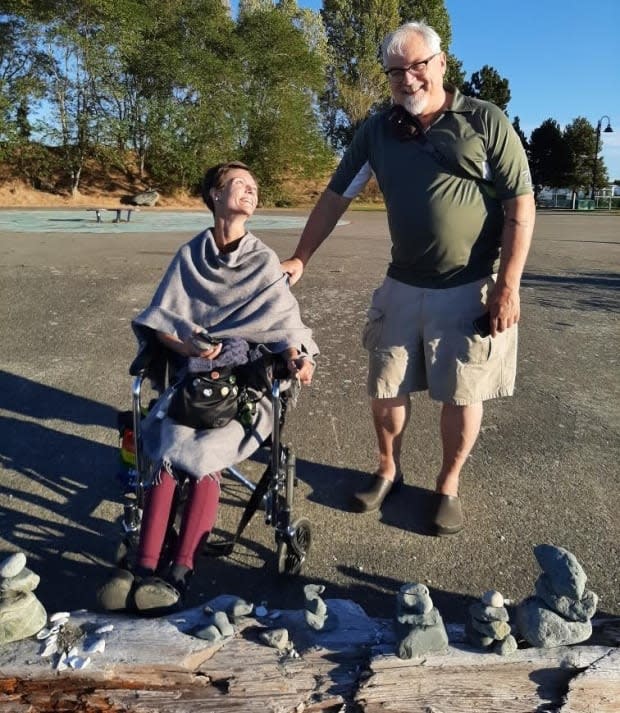
Dahling says Hatch discussed her decision to pursue MAID often and says her hope was that the video would "broaden people's awareness" on the importance of dying in a "humane way."
"We, as a society, do so much to support bringing people into this world but we do very little to help take them out," said Dahling.
"I'll tell you she loved life. In an ideal world, she would have been here today… In no way was [pursuing medical assistance in dying] her wanting to leave the world because she didn't love living. And that takes a lot of courage and a lot of acceptance."
Filming experience was a 'profoundly beautiful thing'
Tama Recker, a friend and colleague of Hatch, described the filming experience in September as a "profoundly beautiful thing".
"Nothing was directed, like nothing. It was very natural. It was actually these experiences set up just for her to very organically enjoy and it was magic," said Recker.
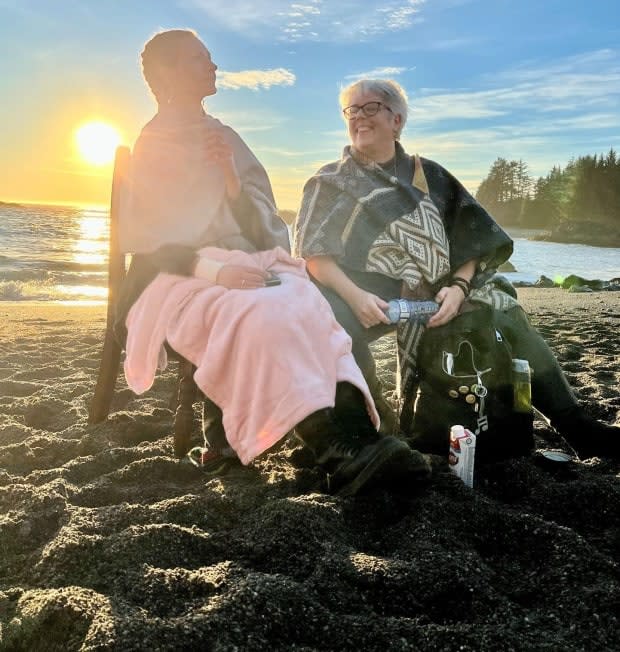
Recker notes that although Hatch's story of pursuing MAID can be difficult for some people, the focus should be on inviting conversation on these topics.
"It isn't about what any of us believe, it's about honouring people having different choices and being able to choose things that honour and respect them," said Recker. "Jen was deeply honoured and respected in her choices — in the way she lived and in the way she died."
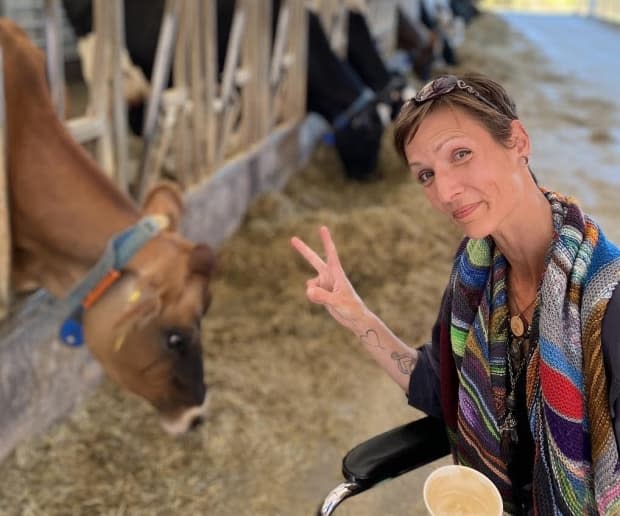
Importance of 'conveying complex emotion'
The final three-minute video has been watched more than a million times on YouTube.
It's not surprising the video has received so much attention, says Dr. Stefanie Green, an author, family doctor and co-founder and president of the Canadian Association of MAID Assessors and Providers (CAMAP).
"I think Canadians are ready for it. I mean, it's been six years we've been talking about and practising assisted dying," said Green, referring to the legalization of MAID in 2016.
"Assistance in dying is greatly supported by the vast majority of Canadians… I think [this video] it's what they hope MAID can be. And to see it come to fruition, to actually see it, visually, is probably reassuring for people."
It may be interesting for Canadians to see a brand engage in this conversation, says David Kenneth Wright, an associate professor in the school of nursing at the University of Ottawa.
"A corporation exists to make money and so it is a valid question about what are the motives here," said Wright, who specializes in the ethics of end of life care.
He says the discourse surrounding MAID before it was legalized in 2016 was very polarized. Although some of that still exists, he says sharing personal experiences, like those of Hatch, is a way to help people understand some of the nuance of this option.
"MAID is a stigmatized way of dying still. And even in the comments, I think to this video, you see some people reacting with 'I'm not going to shop at Simons again' or whatever," said Wright.
"I think it's really important to remember that this video is about a real person's end of life experience and any time a dying person chooses to spend their energy on changing the social conversations we're having about death, that needs to be treated with profound respect," he said.
"Any disagreements that someone might have with her message, and I have some, need to be offered from a place that honours her choice to contribute something meaningful in the short time that she had left before dying."
Wright notes that although the video may "denote the ugliness of hospital dying," death experiences and preferences vary significantly, person to person.
"Jennifer says [the hospital] is not a place of softness, and softness is needed, but when hospital care is done well we actually do see that a soft end of life experience is possible," said Wright.
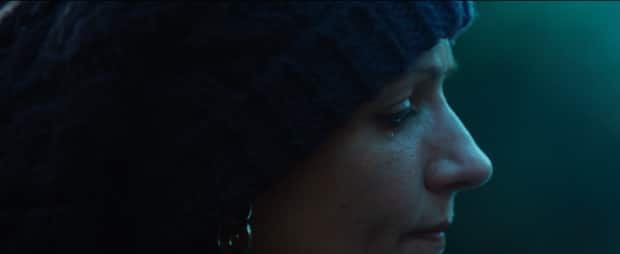
He notes the complexity of dying is important to emphasize, such as the scene from the video which showed a tear roll down Hatch's cheek.
"[That] is conveying complex emotion. I was happy to hear the line 'with all the pain there is still so much beauty' so there's an acknowledgement that beauty and pain kind of exist together in tension," said Wright.
"[Because] yes, there is a way of bringing beauty to the end of life, but the end of life is rarely only beautiful. The end of life is almost always a messy contradiction of beauty, of suffering, of joy, and of grief. And any creative or artistic portrayal of the end of life, including from a retailer, is going to be more authentic if it captures those tensions."


